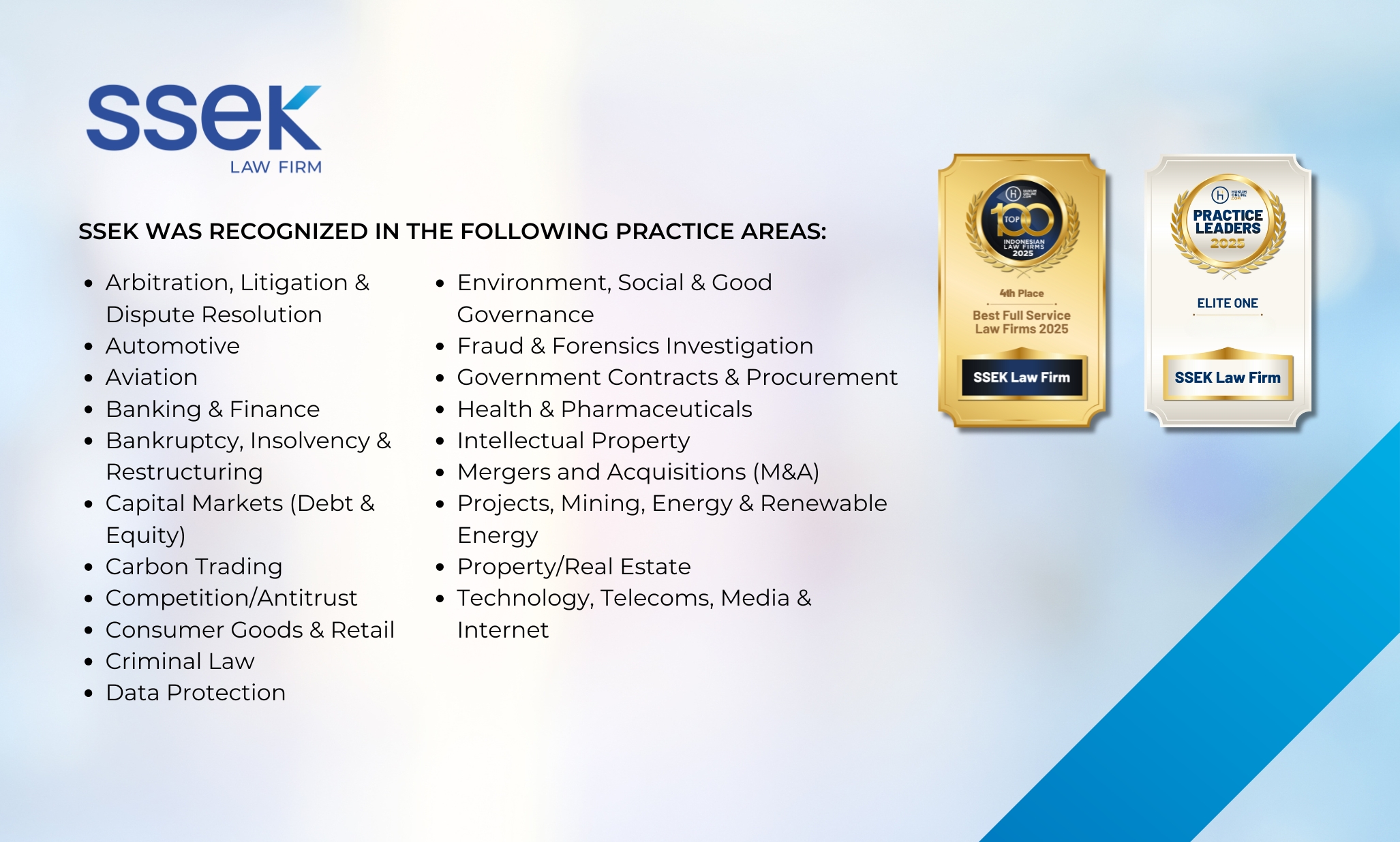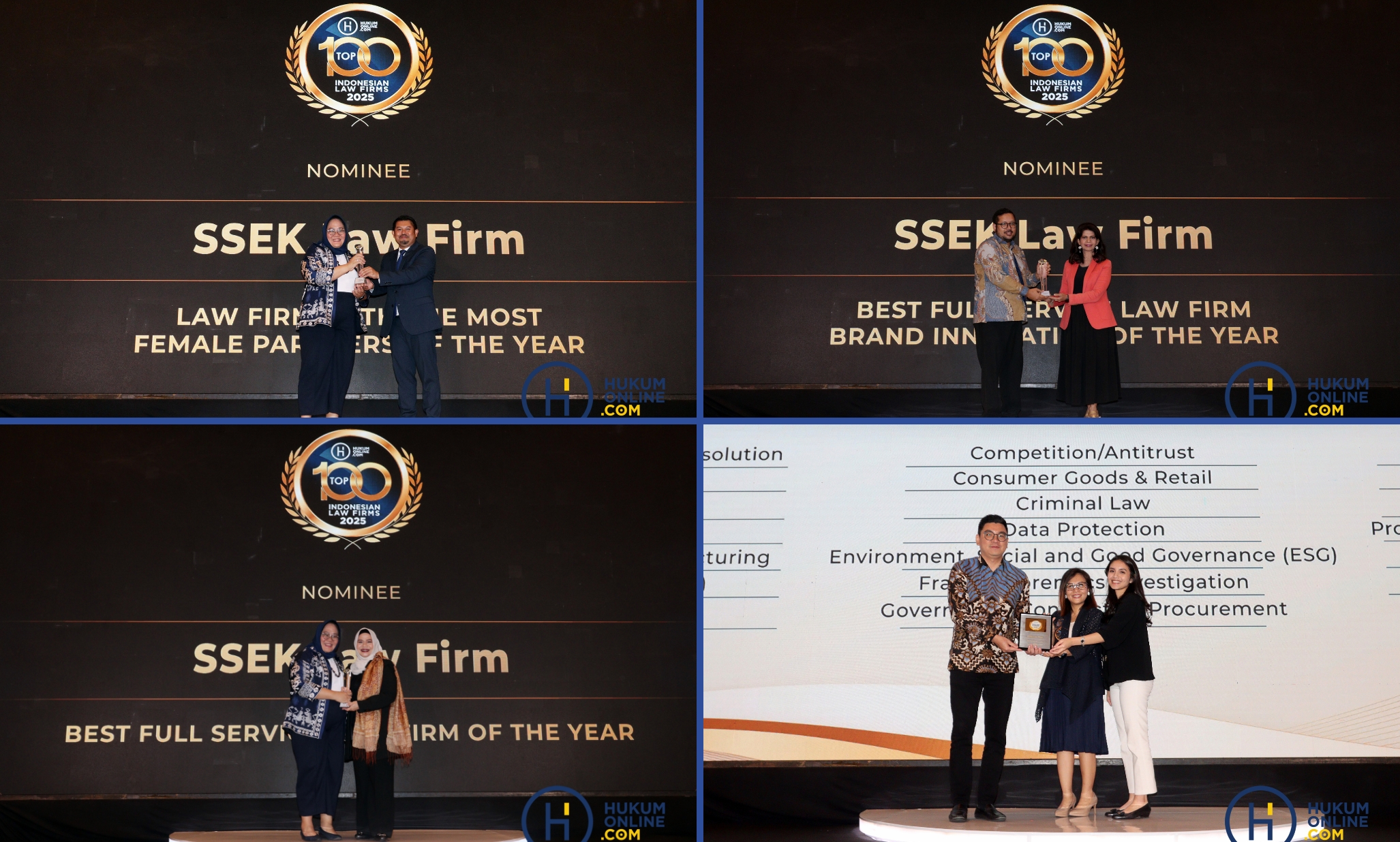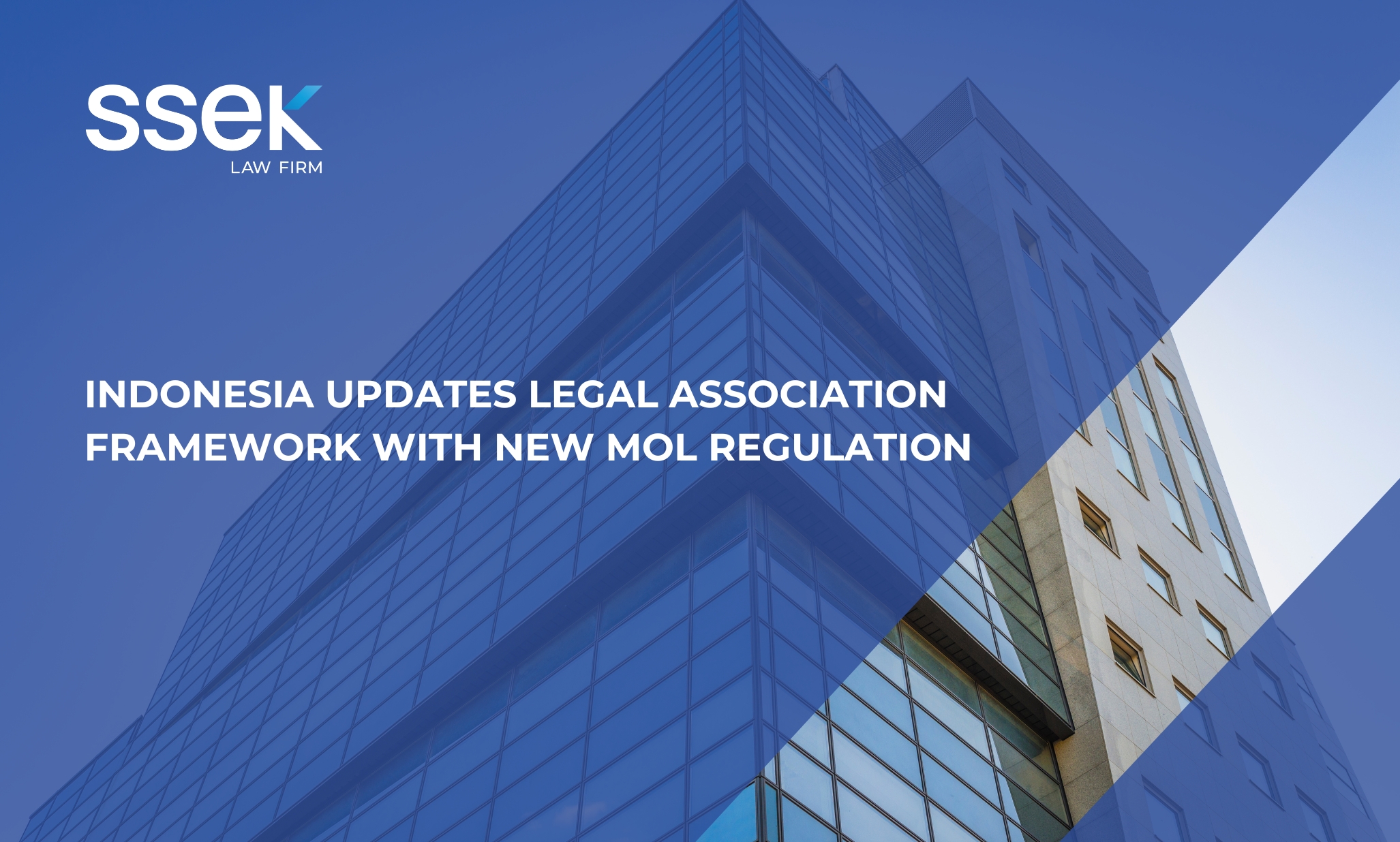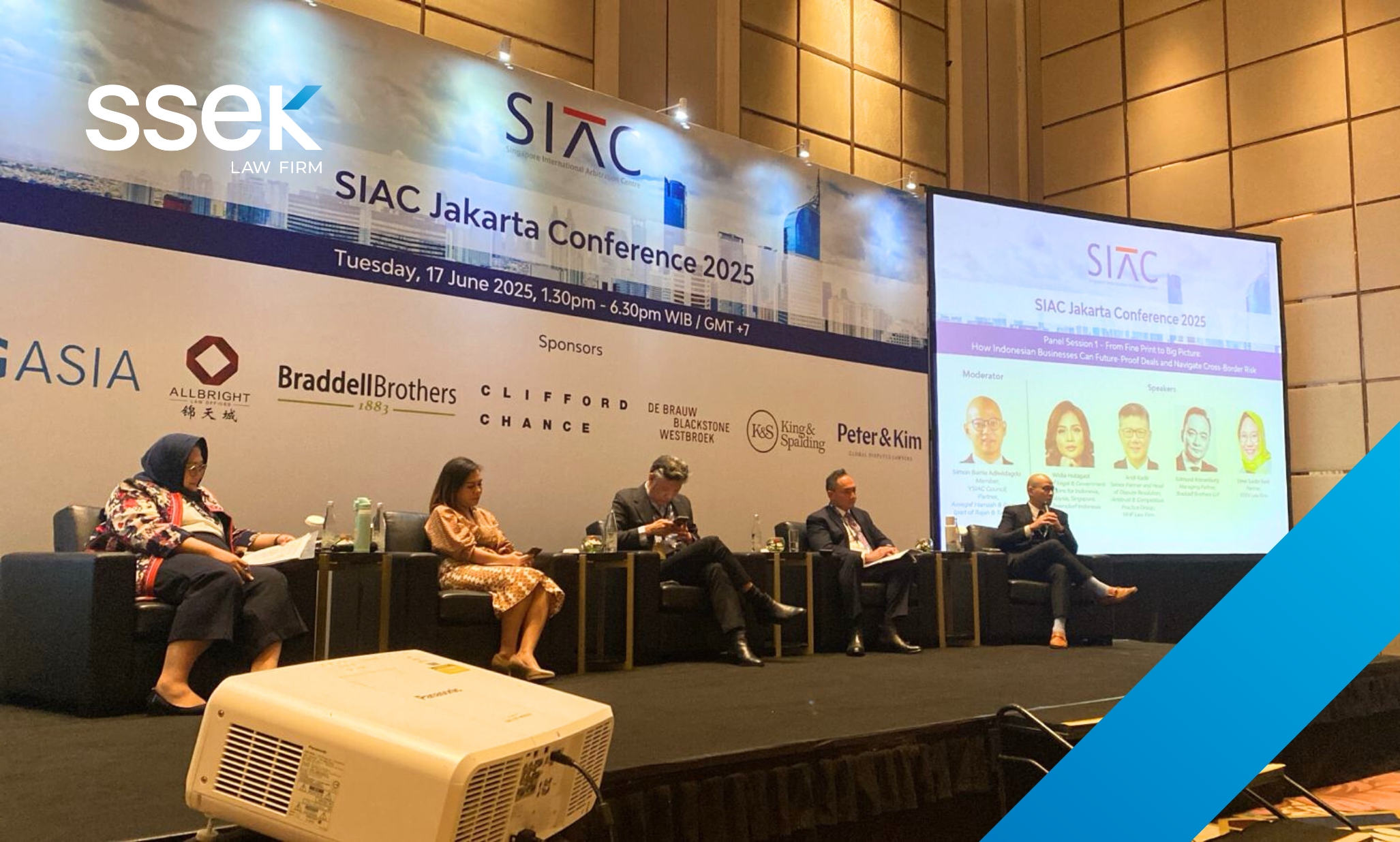

A new regulation has introduced significant changes to the implementation of Indonesia's Construction Services Law, which will affect business actors in the country's construction sector.
The new regulation, Government Regulation Number 22 of 2020 ("GR 22") regarding Implementing Regulations of Law Number 2 of 2017 regarding Construction Services (January 12, 2017) (the "Construction Services Law"), was promulgated on April 23, 2020. With the enactment of GR 22, the following regulations have been revoked and are no longer applicable:
- Government Regulation No. 28 of 2000 regarding the Business and Role of the Construction Services Community (May 30, 2000), as lastly amended by Government Regulation No. 92 of 2010 (December 29, 2010) ("GR 28/2000, as amended");
- Government Regulation No. 29 of 2000 regarding the Implementation of Construction Services (May 30, 2000), as lastly amended by Government Regulation No. 54 of 2016 (November 22, 2016) ("GR 29/2000, as amended"); and
- Government Regulation No. 30 of 2000 regarding the Implementation of Construction Services Supervision (May 30, 2000) ("GR 30/2000").
This article looks at GR 22 and what it means for building failure liability and dispute resolution.
Liability for Building Failure
Under the Construction Services Law, if construction services do not meet security, safety, health and sustainability standards, the owner and/or contractor shall be responsible for certain failures or defects in the construction/building. GR 22 further stipulates that the responsibility of the owner and/or contractor shall be in the form of (i) replacement or repair of the building defect by the contractor; and (ii) indemnification by the owner and/or contractor.
GR 22 also provides that where the planned construction life of a building/structure exceeds 10 years, contractors may be held liable for building failure for up to 10 years from the date of the final handover of the construction service [read: project]. Thereafter, the owner shall be liable for any building failure.
Contractors and/or owners are liable to compensate third parties affected by building failure. GR 22 provides that compensation for building failure may be taken from third-party insurance.
In the event of a building failure, an expert will determine the party responsible for the failure. The expert's determination is final and binding.
Dispute Resolution
GR 22 provides that construction disputes may be resolved by mediation, conciliation or arbitration. The regulation contains detailed provisions relating to dispute resolution by a Dispute Board appointed by the parties to the construction services dispute. The Dispute Board would have the following roles:
- Prevent disagreements between the parties;
- Resolve disagreements by giving a professional opinion as may be required; and
- Resolve disputes through the issuance of a formal conclusion in the form of a Dispute Board decision.
If the parties to a construction contract wish to have their disputes resolved by a Dispute Board, the dispute resolution clause must appoint the Dispute Board as the dispute resolution body and a tripartite agreement between the parties to the construction work contract and the Dispute Board must be executed.
This publication is intended for informational purposes only and does not constitute legal advice. Any reliance on the material contained herein is at the user's own risk. All SSEK publications are copyrighted and may not be reproduced without the express written consent of SSEK.









